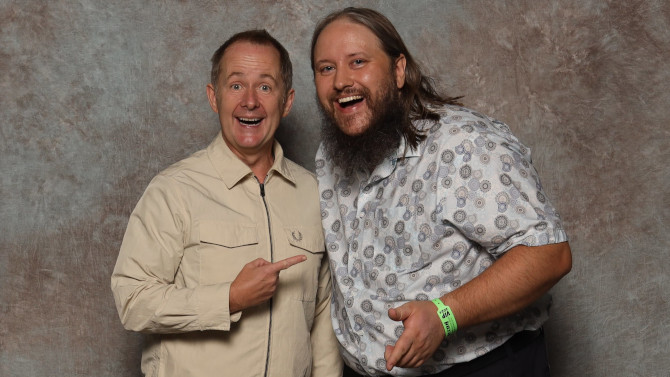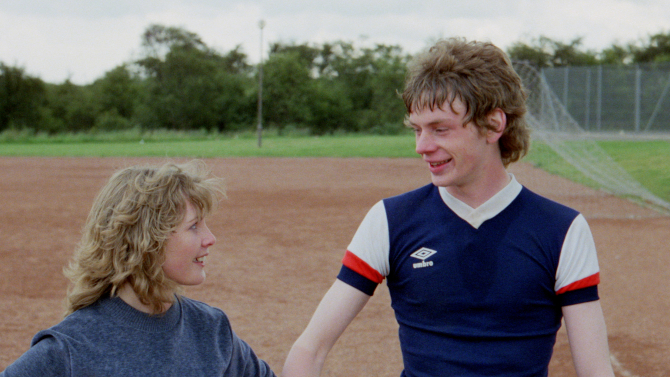Star Pick with Billy Boyd
For those of you who know me well, it is no secret that I’m a huge The Lord of the Rings fan... and it has been a goal of mine to meet and interview as many stars from the trilogy as possible. So, when I got the chance to chat with Billy Boyd about his favourite film, it was an absolute treat. Best known for playing Peregrin ‘Pippin’ Took, one of the loveable and quite comedic hobbits in the franchise (who is most often seen opposite Dominic Monahan’s Merry), it is most definitely worth highlighting some of his other roles, including 2003's epic Master and Commander: The Far Side of the World (where he plays coxswain Barrett Bonden), 2005's On a Clear Day (a dramedy about swimming the English channel), while he also features in both the horror film Seed of Chucky and the television show Chucky (2021-2024), and even appeared in four episodes of the very popular series Outlander as Gerald Forbes.
-
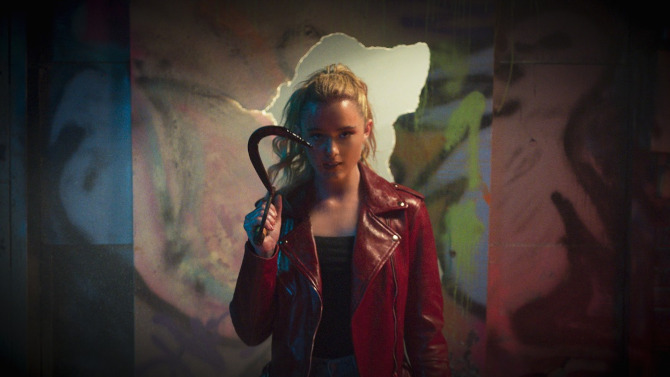
Freak Out
FreakyNovember 18, 2020If you’ve ever wanted to see what Freaky Friday mixed with Friday the 13th would look like (outside of a Wheel of Fortune ‘Before & After’ category), then you’re in luck, as 2020's Freaky, which deftly mixes horror and comedy, is for you. Co-written and directed by Christopher Landon, Millie (Kathryn Newton) is a senior in high school. . . a girl struggling with her depressed, alcoholic mother, Paula (Katie Finneran) – who is recently widowed, a group of manipulative female bullies, a prick of a teacher, Mr. Bernardi (Alan Ruck – channeling his inner Mr. Rooney), and going seemingly unnoticed by her crush, Booker Strode (Uriah Shelton). . . plus it doesn’t help that she is known as the school’s beaver – no, this isn’t some sort of hussy-infused sexual slang, she is actually their mascot (the majestic, often Canadian associated buck-toothed rodent). In fact, if it wasn’t for her two besties, Nyla (Celeste O’Connor) and Josh (Misha Osherovich), she’d be completely lost.
-
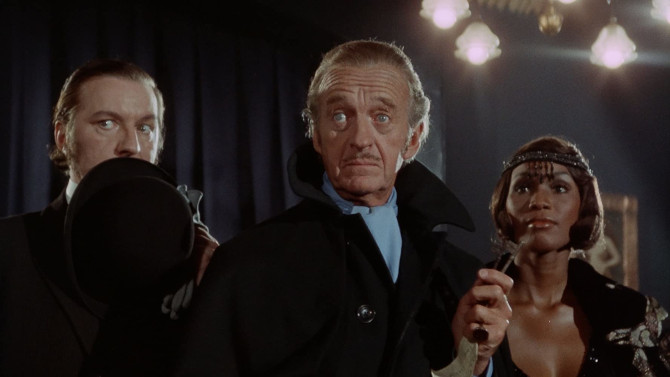
Fade to Black
Old DraculaSeptember 25, 2020If you are looking for something different in the world of vampires, odds are, no matter how outrageous your vampiric fantasy, it has already been done. Above and beyond the widely known Universal and Hammer features, we’ve seen whiny teen vampires – that’s Twilight, bloodsuckers in Alaska – 30 Days of Night, an African American creature of the night – Blacula, the dangers of a ravenous armpit that loves to feed on humans – Rabid, vampires in space – Lifeforce, mechanical bug bites that transform you into the undead – Cronos, cape wearers doing kung fu – Kung Fu from Beyond the Grave, and then we have today’s feature, 1974's Vampira (a.k.a. Old Dracula). . . its secondary title an attempted American cash-in after the release of Young Frankenstein.
-
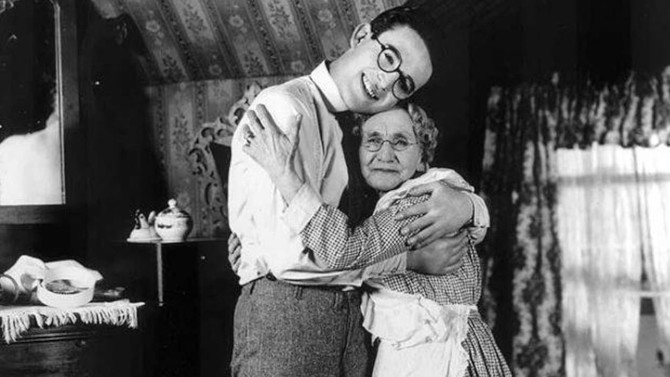
Grandma Knows Best
Grandma's BoySeptember 6, 2020Could there be anything more embarrassing than being a mama’s boy? Well, there might just be – being a Grandma’s Boy (directed by Fred C. Newmeyer). Silent comic superstar Harold Lloyd’s second feature length film following 1921's A Sailor-Made Man, this 1922 offering, like its predecessor, spawned out of a smaller two-reel idea, growing into a richer, more in-depth narrative. Coming out a year after Charlie Chaplin’s seminal first full length feature, The Kid, the fellow comedic actor was enthralled by his so-called rival’s film – describing it as “one of the best constructed screenplays I have ever seen on the screen. . . The boy has a fine understanding of light and shape and that picture has given me a real artistic thrill and stimulated me to go ahead”.
-
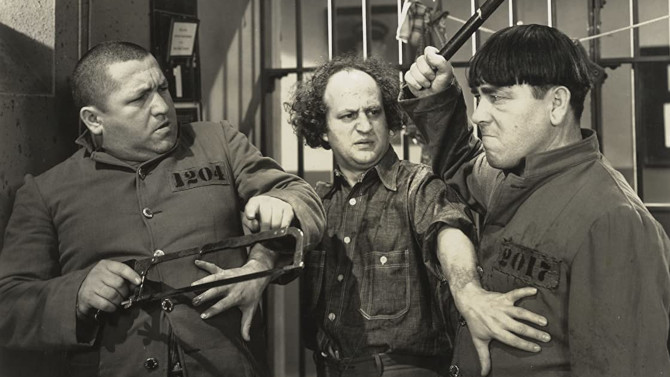
Dream of a Funeral and You Hear of a Marriage
3 Dumb ClucksAugust 17, 2020Some things never change. . . and by that I mean true love. . . and by that I mean the love found between a newly rich older man and a much younger woman. . . case in point, 1937's 3 Dumb Clucks, directed by Del Lord – a Three Stooges classic. Larry (Larry Fine), Curly (Curly Howard) and Moe (Moe Howard) have found themselves in jail. . . watched over by a very simple and overly helpful Prison Guard (Frank Austin). Receiving a letter from their beloved mother, she asks her boys to escape their confines and help bring their father home to her. . . as he has made millions through the oil fields he owns and has taken up with a young blonde gold digger, Daisy (Lucille Lund).
-
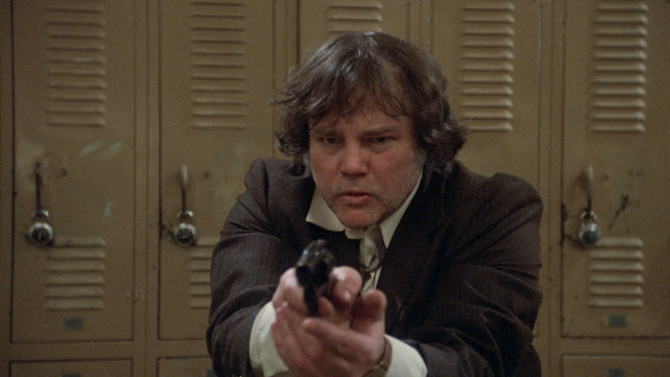
What Could Have Been: Wacko
July 27, 2020Eighteen years before Scary Movie ruthlessly parodied countless horror tropes (leading to four sequels that varied from hilarious to unwatchable), there was an original spoof film that prodded at the intricacies of the horror genre, 1982's Wacko, directed by Greydon Clark. In a way comparable to Mel Brooks’ High Anxiety (I know what you’re thinking – how?), Brooks and his team fell into the trap of spending more time trying to honour and satirize Alfred Hitchcock’s motion pictures instead of forming a workably entertaining story. Similarly, the most fun you’ll have watching this disjointed effort is looking for the references to other horror movies – and less so the product as a whole.
-
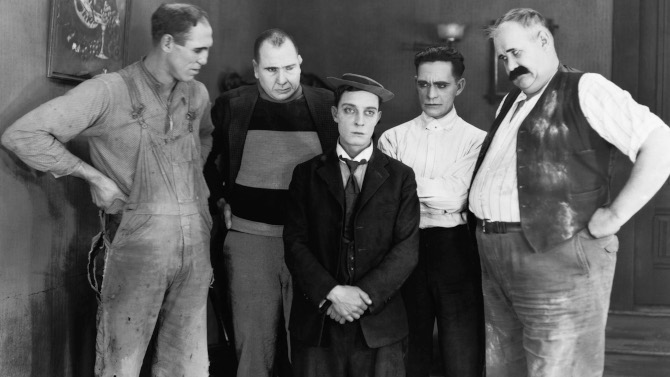
What Could Have Been: My Wife’s Relations
July 12, 2020Opening in a way only a Buster Keaton short film seems to be able to, an accidental confrontation between a mailman and the main character (leading to a letter, by chance, falling into the hands of the man, as well as a broken pane of glass as a result of the postal worker’s anger), followed by another clash between the always in the wrong place protagonist and a bullish woman – who assumes the diminutive man must have done the damage to the window. . . then throw in a Polish priest (who doesn’t speak English) making his own assumptions, and somehow, Keaton becomes Husband, and this woman, played by Kate Price, becomes Wife, in 1922's My Wife’s Relations, written and directed by both Buster Keaton and Edward F. Cline.

